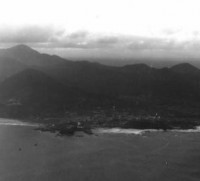BATTLE FOR THE SOUTH ATLANTIC * - TREACHEROUS SEA LANES
1)THE SOUTH ATLANTIC BATTLE
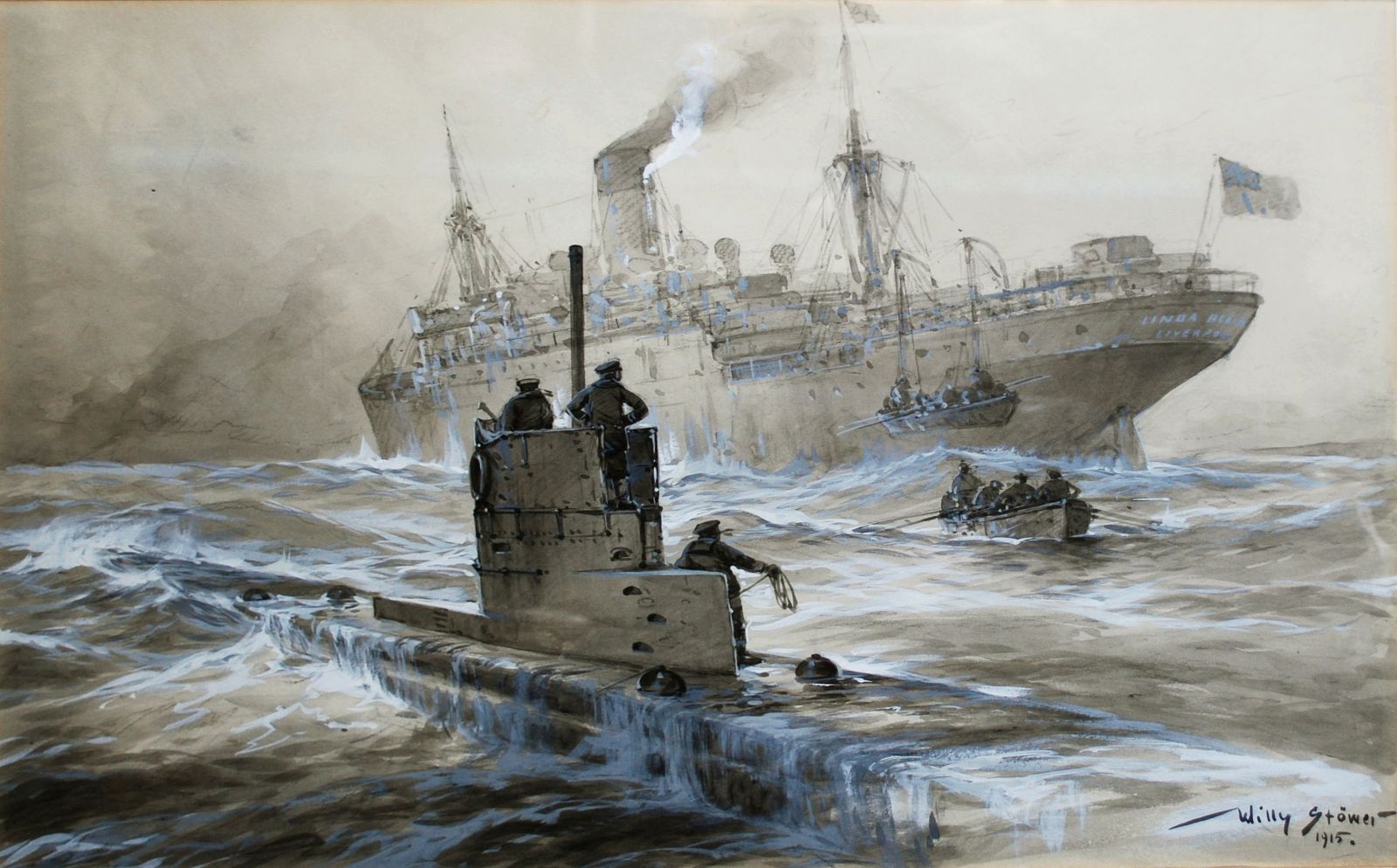
Artistic rendition by. Willy_Stöwer_-_https://en.wikipedia.org/wiki/File:Willy_St%C3%B6wer_-_Sinking_of_the_Linda_Blanche_out_of_Liverpool.jpg
(1).jpg)
The Battle of the south Atlantic was fiercely fought by the US, British and Brazilian Navies against one insidious enemy, the German raiders, U-Boats and the Italian submarines. Allied forces employed nearly 250 warships which varied from Aircraft Carriers, Cruisers, Destroyers, Sub Chasers, Minelayers, Corvettes, etc, once the Kriegsmarine objective was the disruption of the merchant sea routes, through them the Allies supplied with raw material the USA and Great Britain with badly needed like rubber, oil, ores, coffee, sugar, cotton, beef etc.
In the struggle, the Axis with a handful of their submarines and raiders, lay havoc amidst the shipping lanes, sending to the bottom roughly 500 ships including the tragic loss of HMS Dunedin, the British Cruiser caught during one routine patrol in the south Atlantic in 24/Nov/41, when was mortally hit by two torpedoes fired by a prowling U-124. Only 67 out of 486 of her gallant crew managed to survive an incredible ordeal in the infested shark waters of Equatorial latitudes.
Despite U-boat operations in the region (centered in the Atlantic Narrows between Brazil and West Africa) beginning autumn 1940, only in the following year did these start to raise serious concern in Washington. This perceived threat caused the U.S. to decide that the introduction of U.S. forces along Brazil's coast would be valuable. After negotiations with Brazilian Foreign Minister Osvaldo Aranha (on behalf of dictator Getúlio Vargas), these were introduced in second half of 1941.
Germany and Italy subsequently extended their submarine attacks to include Brazilian ships wherever they were, and from April 1942 they moved to the south Atlantic off Brazilian waters. On 22 May 1942, the first Brazilian attack (although unsuccessful) was carried out by Brazilian Air Force aircraft upon the Italian submarine Barbarigo. After a series of attacks on merchant vessels off the Brazilian coast by U-507, Brazil officially entered the war on 22 August 1942, offering an important addition to the Allied strategic position in the South Atlantic.
Although the Brazilian Navy was small, it had modern minelayers suitable for coastal convoy escort and aircraft which needed only small modifications to become operational for maritime patrol. During the War years, mainly, separated or in conjunction with the U.S Navy, Brazilian Navy provided effective escort to 3,167 ships in 614 convoys, totalling 16,500,000 tons, with losses of 0.1%. 972 seamen and civilian passengers were lost aboard the 32 Brazilian merchant vessels attacked by enemy submarines, being 25 in the south Atlantic.
In the Fall of 1943, the decreasing number of Allied shipping losses in South Atlantic coincided with the increasing elimination of Axis submarines operating there. From then, the battle in the region was lost for Germans, even with the most of remaining submarines in the region receiving official order of withdrawal only in August of the following year. The last allied merchant sunk by one u-boat in the south Atlantic, was the British Baron Jedburgh on 10 March 1945 by U-532.
SHIPS SUNK, DAMAGED, CAPTURED, LOST, TONNAGE, CARGO, DEAD, SURVIVORS, P.O.W.
 BELGIAN SHIPS - 3
BELGIAN SHIPS - 3
15,384 GRT - 25,250 DWT
16,384 TONS CARGO LOST
5 DEAD - 106 SURVIVORS - 44 POW
 BRAZILIAN SHIPS - 25 (IN SOUTH ATLANTIC) 7 IN THE CARIBBEAN AND U.S. COAST
BRAZILIAN SHIPS - 25 (IN SOUTH ATLANTIC) 7 IN THE CARIBBEAN AND U.S. COAST
131,812 GRT - 180,000 DWT
50,000 TONS CARGO LOST
1,012 DEAD - 1,462 SURVIVORS
LOST IN THE CARIBBEAN AND U.S. COAST)
34,482 GRT - 46,930 DWT
32,420 TONS CARGO LOST
115 DEAD - 298 SURVIVORS


 BRITISH SHIPS - 249
BRITISH SHIPS - 249
1,462,249 GRT - 2,075,089 DWT
1,235,144 TONS CARGO LOST
6,266 DEAD - 20,957 SURV
1,305 POW
 CANADIAN SHIPS - 8
CANADIAN SHIPS - 8
29,593 GRT - 51,000 DWT
3,100 TONS CARGO LOST
60 DEAD - 128 SURVIVORS - 41 POW
 DUTCH SHIPS - 29
DUTCH SHIPS - 29
1,166,129 GRT - 2,255,034 DWT
138,000 TONS CARGO LOST
353 DEAD - 1,574 SURVIVORS - 39 POW
 EGYPTIAN SHIPS - 3
EGYPTIAN SHIPS - 3
16,970 GRT - 23,036 DWT
11,000 TONS CARGO LOST
26 DEAD - 360 SURVIVORS
 FRENCH SHIPS - 6
FRENCH SHIPS - 6
21,105 GRT - 38,854 DWT
17,167 TONS CARGO LOST
111 DEAD - 247 SURVIVORS
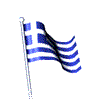 GREEK SHIPS - 18
GREEK SHIPS - 18
87,065 GRT - 144,365 DWT
88,616 TONS CARGO LOST
229 DEAD - 320 SURVIVORS - 109 POW
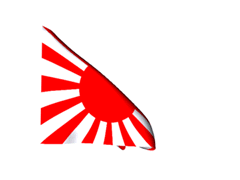 JAPANESE SUB - 1
JAPANESE SUB - 1
3,644 TONS - 112 DEAD
 LATVIAN SHIP - 1 (DAMAGED)
LATVIAN SHIP - 1 (DAMAGED)
 NORWEGIAN SHIPS - 39
NORWEGIAN SHIPS - 39
310,506 GRT - 471,735 DWT
190,000 TONS CARGO LOST
234 DEAD - 992 SURVIVORS - 159 POW
 PANAMANIAN SHIPS - 13
PANAMANIAN SHIPS - 13
78,211 GRT - 112,930 DWT
39,925 TONS CARGO LOST
130 DEAD - 430 SURVIVORS - 37 POW
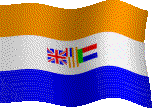 SOUTH AFRICAN SHIP - 1
SOUTH AFRICAN SHIP - 1
3,268 GRT - 5,350 DWT
3,000 TONS CARGO LOST
23 DEAD - 29 SURVIVORS
 SPANISH SHIPS - 2
SPANISH SHIPS - 2
7,425 GRT - 13,865 DWT
9,000 TONS CARGO LOST
12 DEAD - 63 SURVIVORS
 SWEDISH SHIPS - 11
SWEDISH SHIPS - 11
37,820 GRT - 60,150 DWT
17 DEAD - 331 SURVIVORS - 31 POW
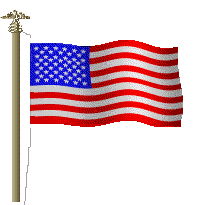 U.S SHIPS - 81
U.S SHIPS - 81
456,499 GRT - 673,471 DWT
334,000 TONS CARGO LOST
744 DEAD - 3426 SURVIVORS - 82 POW
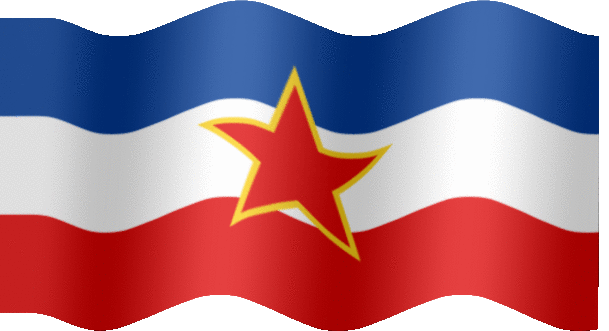 YUGOSLAVIAN SHIP - 2
YUGOSLAVIAN SHIP - 2
4,201 GRT - 9,000 DWT
3,000 TONS CARGO LOST
3 DEAD - 54 SURVIVORS
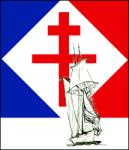 FREE FRENCH WARSHIPS - 2
FREE FRENCH WARSHIPS - 2
3,470 TONS - 0 DEAD - 244 SURVIVORS
 ROYAL NAVY SHIPS - 8
ROYAL NAVY SHIPS - 8
17,463 TONS - 687 DEAD - 228 SURVIVORS

1,266 TONS - 57 DEAD - 1 SURVIVOR
 GERMAN UBOATS, RAIDERS & BLOCKADE RUNNERS - 56
GERMAN UBOATS, RAIDERS & BLOCKADE RUNNERS - 56
175,530 GRT - 249,502 DWT
45,000 TONS CARGO LOST
118 DEAD - 1,829 POW
TOTAL = 548
12,000 DEAD
32,000 SURVIVORS
3,844 P.O.W.
3,081,078 GRT / 4,439,800 DWT
3,000,000 TONS OF CARGO
700,000 BARRELS OF FUEL
250+ AIRCRAFT
CARGO LOST
AUTO TIRES, ASBESTOS, AGRICULTURAL MACHINERY, AMMUNITION, ARMY AMBULANCES, AIRCRAFT PARTS, AVIATION SPIRITS, ALUMINUM, ASPHALT
BABAÇU COCONUTS, BAUXITE, BERYL, BOILER OIL, BONES, BRIQUETTES, BRAN, BEEF, BEER, BOTTLES, BUNKER C OIL, BURLAP, BUTTER, BYCICLES
CABLE DRUMS, CANNED MEAT, CEREALS, CHEESE, CHILLED ORANGES, CHEMICALS, COKE, COBALT, COPPER, COPPER INGOTS, CHROMIUM, COPPRA, COCOA, CRYSTAL ROCK, CEMENT, CASED MEAT, CASTOR SEEDS, COFFEE, COCONUT OIL, COAL, COPAL
DATES, DIESEL OIL, DRUGS, DYNAMITE, DYESTUFFS
EGGS, EXTRACTS, EXPLOSIVES, ENGINES, EDIBLE OILS
FERTILIZERS, FISH OIL, FLOUR, FROZEN MEAT, FRUITS, FUEL OIL
GASOLINE, GASOLINE DRUMS, GAS OIL, GEMSTONES, GOLD, GRAINS, GUNS, GOVERNMENT STORES, GUM, GRADERS, GROUNDNUTS, GLIDERS
HEMP, HIDES
IPECACUANA, IRON ORE
JUTE, JAM
KEROSENE, KAPOK, KERNELS, KYANITE ORE
LAMB (FROZEN), LEAD, LEAD INGOTS, LINSEED, LINSEED OIL, LIQUID LATEX, LOCOMOTIVES, LIGHT BULBS, LUBRICATING OIL, LUMBER,
MAGNESITE, MAIZE, MAIL BAGS, MANGANESE ORE, MAHOGANY, MARGARINE, MICA, MILLET, MILITARY VEHICLES, MINERAL OIL, MILITARY STORES, MONAZITE SANDS, MUTTON (FROZEN)
NICKEL, NUTS
OIL SEEDS, OLIVE OIL, OPIUM, OIL DRUMS, ORANGES
PALLADIUM, PALM OIL, PALM KERNELS, PAPER PULP, PEAS, PEANUTS, PEANUT OIL, PINEWOOD, PITCH, POPLAR WOOD, POTATOES, POTASH, PLANKS, PULSES, PETROL, PROPELLERS
QUEBRACHO WOOD, QUININE
RADIO SETS, RAF STORES, REFRIGERATED CARGO, RICE, ROCK CRYSTAL, RUGS, ROAD BUILDING EQUIPMENT (i. e. ROLLERS, GRADERS, BULLDOZERS), RUM, RAPE SEED, RUBBER,
SALT, SCRAP IRON, SILVER COINS, SILVER BULLIONS, SALTED HIDES, SISAL, STEEL RAILS, STEEL BILLETS, SUGAR, SULPHITE (The salt extracted from sulphuric acid manufacture), SULPHUR
TANNING BARK, TAPIOCA FLOUR, TANKS, TEA, THORIUM, TIMBER, TIN, TINNED MEAT, TINPLATES, TOBACCO, TRUCKS, TRACTORS, TNT
VANADIUM, VEGETABLE OIL, VEHICLES
WOOL, WOLFRAM, WHEAT, WHALE OIL, WATTLE BARK
ZINC, ZIRCONIUM ETC.
